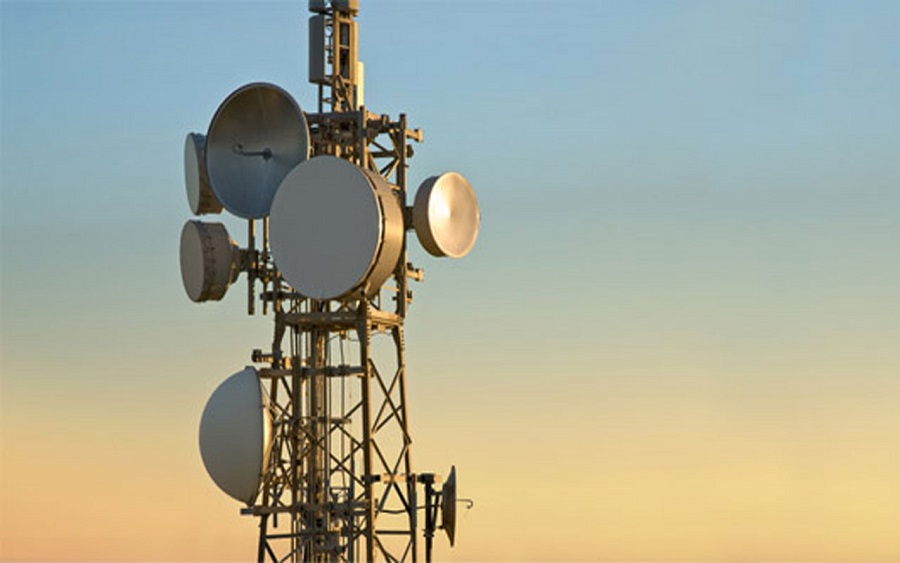Nigeria’s ambitious goal of achieving a 70% broadband penetration by 2025 is encountering significant obstacles due to the ongoing foreign exchange crisis and declining investment in telecom infrastructure.
Impact of Forex Crisis and Investment Decline
The depreciation of the Naira and a notable decrease in Foreign Direct Investments (FDIs) in the telecom sector are hampering operators’ capacity to invest in critical equipment. Despite the Minister of Communications, Innovation, and Digital Economy’s proclamation of the need for $2 billion in investments to expand broadband infrastructure, actual FDIs in the sector fell short, reaching only $134.75 million.
Forex Instability
The rise in the dollar-to-naira exchange rate has disrupted operators’ importation plans, hindering efforts to improve network infrastructure. Mr Modupe Kadri, Chief Financial Officer of MTN Nigeria, highlighted challenges in justifying new investments to shareholders amidst unfavourable macroeconomic conditions.
Declining FDI and Investment
Engineer Gbenga Adebayo, Chairman of ALTON, expressed concern over dwindling telecom investments, emphasising network expansion’s adverse impact. Limited access to foreign exchange further impedes operators’ ability to implement broadband infrastructure.
Doubts Surrounding Broadband Penetration Target
With diminishing investments and forex challenges, Nigeria’s attainment of its 70% broadband penetration target by 2025 appears increasingly uncertain. The latest data from the Nigerian Communications Commission (NCC) indicates a broadband penetration of 43.71% at the end of 2023, suggesting a considerable gap to bridge within the remaining timeline.
Significance of Broadband Expansion
Broadband expansion is crucial for Nigeria’s socio-economic development, as a World Bank report indicates a correlation between broadband penetration and GDP growth. The National Broadband Plan (NBP 2020-2025) addresses various challenges by enhancing internet speeds, interconnecting local government areas, reducing data costs, and promoting technological advancement.
Overcoming the challenges posed by the forex crisis and declining investment is essential for Nigeria to achieve its broadband penetration targets and unlock the transformative potential of broadband infrastructure for economic growth and societal advancement.











